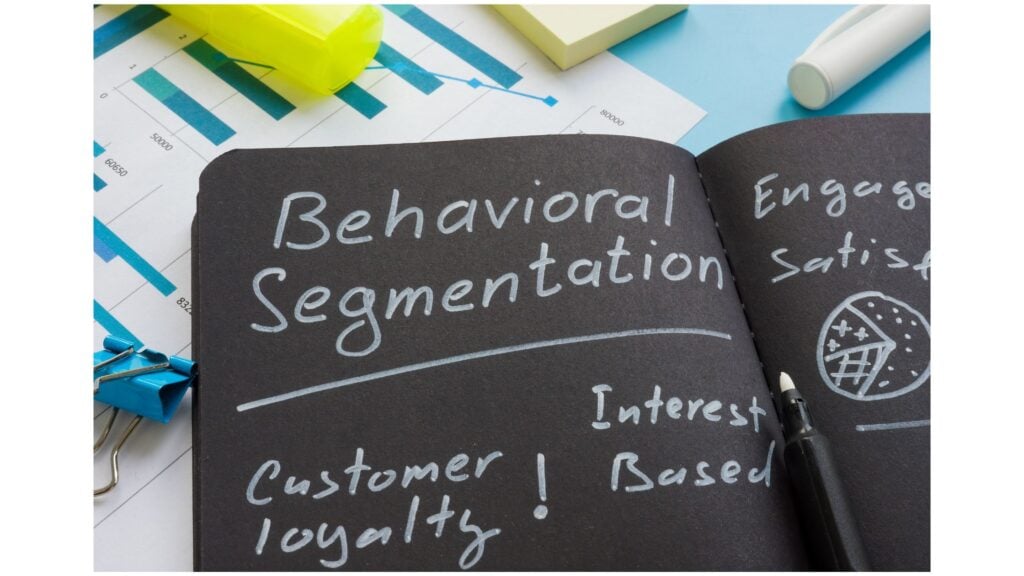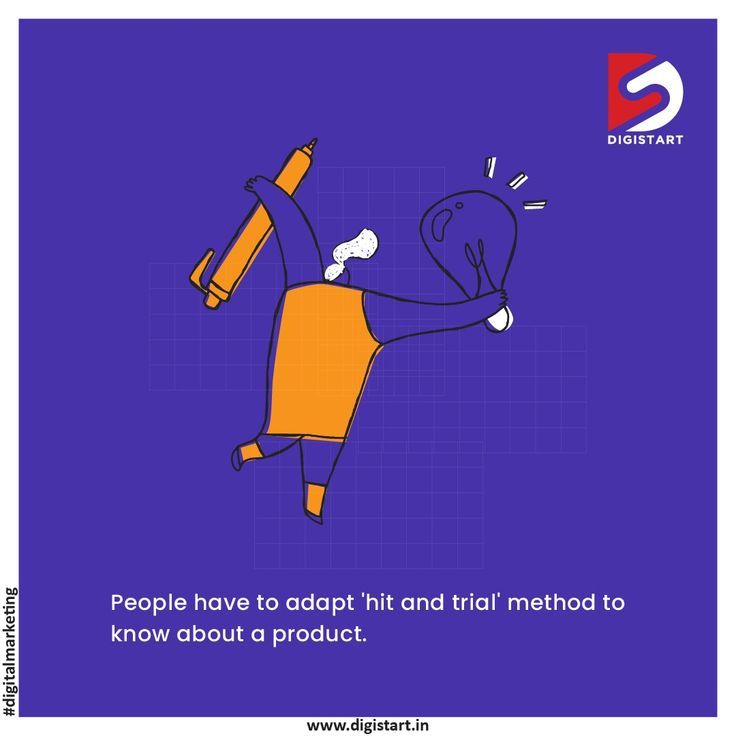Career Preparation: Understanding Educational Requirements Before Committing
Understand educational requirements for career success
When consider the education and train a career require, you must be aware of multiple factors that can importantly impact your professional journey. Make inform decisions about educational investments is crucial for long term career satisfaction and success.
Time investment requirements
Different careers demand vary time commitments for education and training. Some professions require years of specialized study, while others may offer quicker entry paths.
Degree timeline considerations
Understand the complete timeline for educational requirements is essential. Consider these common educational paths:
- Certificate programs: normally 6 months to 1 year
- Associate degrees: typically 2 years
- Bachelor’s degrees: mostly 4 years
- Master’s degrees: additional 1 3 years
- Doctoral programs: additional 3 7 years
- Medical or law school: 3 4 years plus residency / anticline periods
Beyond formal education, many careers require apprenticeships, internships, or on the job training periods that extend the total preparation time. For example, become a licensed electrician typically require a 3 5 year apprenticeship after initial coursework.
Continuing education requirements
Many professions don’t end with initial qualifications. You must be aware of ongoing educational commitments such as:
- Mandatory continue education credits to maintain licensure
- Professional development requirements
- Certification renewals
- Keep pace with evolve industry standards and technologies
Healthcare professionals, teachers, real estate agents, and many other licensed professionals must complete regular continue education to maintain their credentials. This represents an ongoing time investment throughout your career.
Financial considerations
The financial aspects of career education extend far beyond tuition costs. A comprehensive understanding of the total investment is crucial before commit.
Complete cost analysis
When evaluate educational programs, calculate these expenses:
- Tuition and fees (include potential increases over mmulti-yearprograms )
- Books, supplies, and equipment
- Technology requirements
- Housing and living expenses during education
- Potential income foregone while study
- License exam fees
- Professional association memberships
- Ongoing certification maintenance costs
For specialized fields, equipment costs can be substantial. Culinary students may spend thousands on professional knife sets, dental students must purchase expensive instruments, and commercial pilots face training costs exceed $100,000.
Return on investment calculations
Beyond calculate costs, you must evaluate the potential return on educational investment:
- Start salaries in your target profession
- Typical career advancement trajectories
- Salary growth potential
- Job market demand and stability
- Time require recouping educational expenses
Some eminent pay careers justify substantial educational investments, while others may not offer sufficient returns to warrant extensive training costs. Research median salaries kinda than focus on outlier success stories.
Funding options and debt management
Understand financing options is critical:
- Scholarship and grant availability
- Employer tuition assistance programs
- Student loan terms and repayment options
- Tax benefits for educational expenses
- Work study opportunities
Student loan debt can importantly impact your financial future. Will calculate potential monthly payments and how they will affect your post graduation budget before will commit to loans.
Accreditation and credential recognition
Not all educational credentials carry equal weight. You must, will verify that your investment will result in will recognize qualifications.
Program accreditation status
Accreditation ensure that an educational program meet establish quality standards. Before enrolling, confirm:

Source: outdoor learning.org
- The institution hold regional or national accreditation
- Program specific accreditation for your field of study
- Recognition by relevant professional organizations
- Eligibility for licensure after completion
Unaccredited programs may offer lower tuition but can result in credentials that employers and licensing boards don’t recognize. This can efficaciously render your educational investment worthless.
Geographic licensing limitations
Many professions have jurisdiction specific requirements:
- State by state licensing variations
- International credential recognition challenges
- Reciprocity agreements between jurisdictions
- Additional requirements when relocate
If you’ll plan to will practice in a different state or country than where you’re will educate, will research whether your credentials will transfer and what additional steps might be will require.
Program flexibility and delivery methods
Educational programs offer vary levels of flexibility that can impact your ability to complete requirements while balance other responsibilities.
Learning format options
Consider which format best suits your learn style and life circumstances:
- Traditional in person programs
- Online or distance learning options
- Hybrid programs combine online and in person elements
- Accelerated degree paths
- Part-time study opportunities
- Evening and weekend class availability
Some careers require hands-on training that can’t be full replicate in online environments. Medical, culinary, and many technical fields typically demand significant in person learn components.
Work life education balance
Will assess how educational requirements will impact your current obligations:
- Ability to maintain employment during education
- Family responsibilities and childcare needs
- Commute requirements
- Clinical or fieldwork placements
- Required residency periods
Programs with rigid schedules may require significant lifestyle adjustments or relocation. Factor these disruptions into your decision make process.
Industry requirements vs. Academic credentials
A disconnect sometimes exists between formal education and actual industry requirements. Understand this gap is essential for career preparation.
Credential inflation considerations
In some fields, degree requirements have increase over time without correspond changes in job duties:
- Positions that antecedent require bachelor’s degrees nowadays request master’s
- Entry level roles demand experience in addition to education
- Certifications become standard in antecedent ununregulatedields
Research current job postings in your target field to understand what employers really require sooner than rely on outdated information.
Alternative credential pathways
Traditional degrees aren’t invariably the only path to career entry:
- Industry certifications and micro credentials
- Boot camps and intensive training programs
- Apprenticeship opportunities
- Portfolio base qualification paths
- Experience base alternatives to formal education
In technology fields, for example, demonstrate skills through certifications or project portfolios may be more valuable than degrees. Research whether your target career values alternative credentials.
Career advancement requirements
Initial qualifications may get you in the door, but advancement oftentimes require additional education or credentials.
Career ceiling considerations
Understand potential limitations base on your educational choices:
- Management positions require advanced degrees
- Promotional tracks with specific credential prerequisites
- Salary caps base on educational attainment
- Specialized roles require additional certifications
In fields like education, healthcare, and business, reach senior positions frequently require graduate degrees disregarding of experience. Plan your educational path with long term career goals in mind.

Source: exquisitiveeducation.com
Specialization and diversification opportunities
Career growth may depend on additional specialized training:
- Sub specialty certifications
- Cross-disciplinary qualifications
- Leadership and management training
- Teaching or training credentials
Research typical career progression in your field to understand what additional education might be required 5 10 years into your career.
Educational quality and outcomes
Not all programs offer the same degree provide equal preparation. Evaluate program quality is essential before commit.
Graduate success metrics
Request and evaluate these program outcomes:
- Graduation rates
- Licensure exam pass rates
- Job placement statistics
- Average starting salaries
- Employer satisfaction with graduates
- Alumni career trajectories
Programs should be willing to share these metrics. Be wary of those that provide vague or incomplete information about graduate outcomes.
Curriculum relevance and industry alignment
Evaluate how substantially programs prepare students for actual workplace demands:
- Curriculum currency and regular updates
- Industry partnerships and input
- Practical experience components
- Technology and equipment currency
- Faculty with recent industry experience
Programs with strong industry connections and regularly update curricula typically produce wellspring prepare graduates than those with outdated content.
Personal aptitude and fit
Beyond external requirements, personal factors importantly impact educational success.
Learn style compatibility
Different careers require different types of learning and skills:
- Theoretical vs. Practical learning emphasis
- Technical aptitude requirements
- Creative vs. Analytical thinking demand
- Verbal, mathematical, or spatial reasoning needs
- Independent vs. Collaborative work preferences
Frankly assess your learning preferences and strengths. Pursue education that align with your natural abilities increase your chances of success.
Personal values alignment
Consider how career education align with your priorities:
- Work-life balance expectations
- Geographic flexibility need
- Income requirements and financial goals
- Desire for job security vs. Entrepreneurial opportunities
- Service orientation and help others
Educational paths that lead to careers contradict your core values much result in dissatisfaction careless of investment.
Make informed educational decisions
With awareness of these crucial factors, take these practical steps before commit to career education:
Research best practices
- Interview professionals presently work in your target field
- Shadow practitioners to understand daily realities
- Attend program information sessions and ask detailed questions
- Review professional association resources
- Explore bureau of labor statistics projections
- Connect with recent graduates from programs you’re considered
Firsthand insight from those already in the field provide invaluable perspective that marketing materials can’t offer.
Test the waters
Before full commitment, consider these lower risk approaches:
- Take introductory courses before enrol in complete programs
- Volunteer in related settings
- Complete internships or work experiences
- Pursue entry level positions in the field
- Attend industry conferences or events
These experiences provide practical insight into whether a career field genuinely match your expectations before significant educational investment.
Conclusion
When consider the education and train a career require, you must be aware of the complete picture — time commitments, financial investments, credential recognition, program quality, advancement requirements, and personal fit. Take time to exhaustively research and evaluate these factors lead to more satisfying educational choices and career outcomes.
Remember that educational decisions represent not fair financial investments but commitments of your time, energy, and professional future. The virtually successful career paths typically result from thoughtful alignment between educational choices and long term goals instead than hasty decisions base on incomplete information.



